Do you think it’s impossible to be popular AND profitable as a landlord? Perhaps you feel that one cancels out the other; that it’s a choice between hard-nosed business and being nice, but that the two are fundamentally incompatible?
You wouldn’t be alone in your view, but it’s perfectly possible to have a successful rental portfolio that’s a commercial success while being on excellent terms with your tenants. Questioning how your rental properties could be popular can help you increase your returns by owning a collection of in-demand homes where people really want to live.
Growing your rental portfolio can provide you with a secure financial future and provide many people with a wonderful home. Whether you are an experienced landlord looking to expand your portfolio, or you are looking for your first buy-to-let investment, this week’s blog is for you.
We work with many landlords and their rental properties: some we've helped grow their portfolio, and some are just starting out. Whatever stage you’re at, you’re welcome to get in touch about any aspect of buy-to-let.
Meanwhile, read on to discover how you can build a profitable and popular portfolio to enhance your life, and be a hit with your tenants.
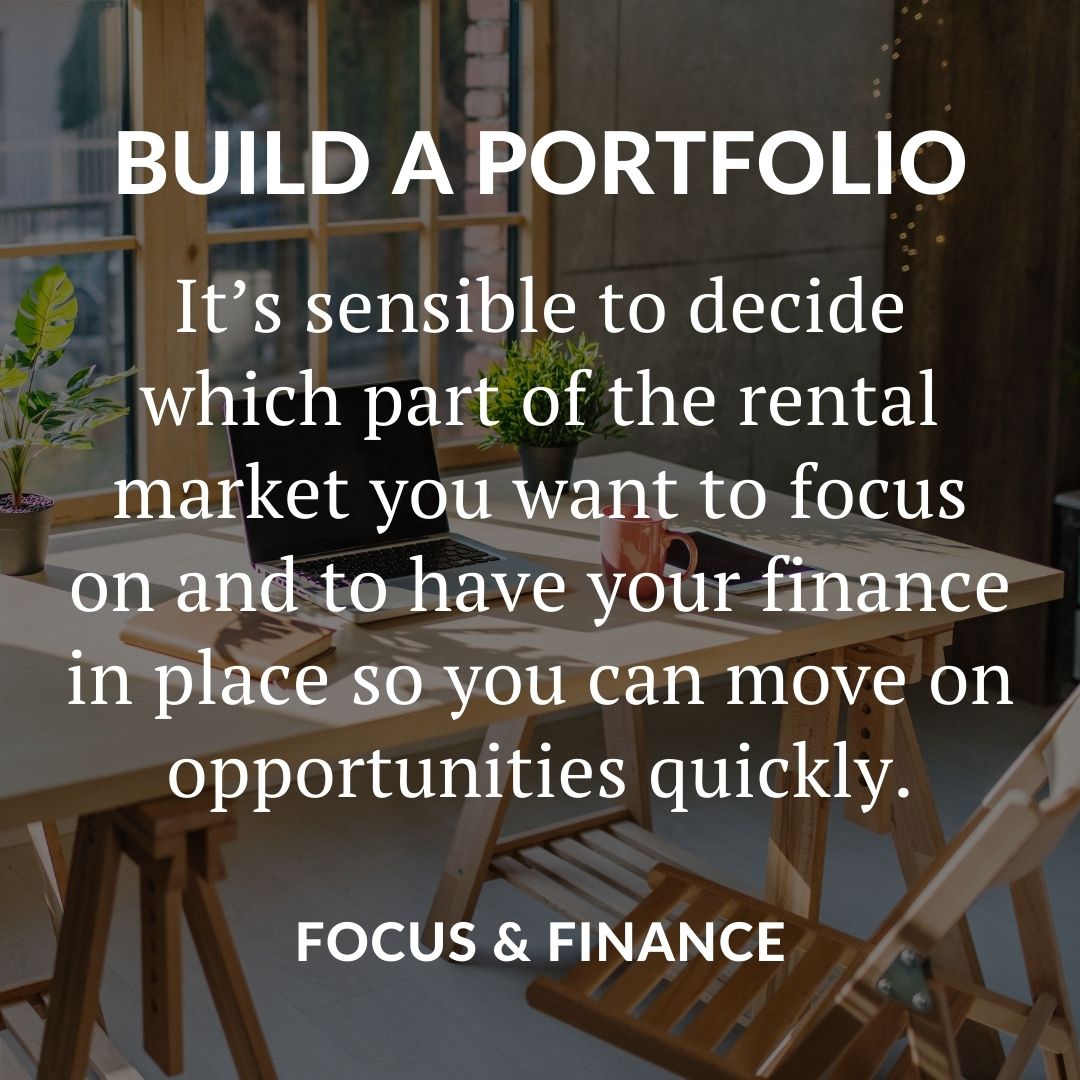
It’s sensible to decide which part of the rental market you want to focus on. If you’re looking to rent to families, do some research around the best local schools. Offering a home in the catchment area of an outstanding-rated school will give you plenty of demand as diligent parents move the earth to get their children the best education.
Or do you want young professionals? In which case you’ll need good transport connections nearby along with places to enjoy the neighbourhood. An excellent local coffee shop; a pub with Sunday roasts and a great selection of ales, and a weekend breakfast spot are all high on the lifestyle criteria of busy singles and couples.
Whichever market you’d like to explore, check where the demand is with local letting agents. Which types of rental property have a continuous shortage? Where can you find those homes in the neighbourhood? That’s a good target.
Even though it’s tempting to rush out and view potential properties, having your finance in place first will give you confidence in knowing exactly what you can afford, and help you move on an opportunity quickly.
Talk to an experienced financial adviser with knowledge of buy-to-let lenders and products so they can recommend a solution that fits your circumstances. You’ll find a financial adviser invaluable in sifting through all the various lending criteria, so you don’t have to spend your evenings trawling Google or comparison sites.
As well as your mortgage, make sure you have the money in place for the associated costs of purchasing a property, as well as for any renovations you intend to carry out: never start a building project without having the cash to complete it. If you end up having to halt the works until you’re in funds again, you could lose all your contractors as they head off to other jobs, leaving you with an empty property, no rent, and mortgage payments due.

Whether you’re handling all the management yourself or employing a managing agent, keeping your portfolio to a single area or neighbouring postcodes makes life much easier.
You’ll increase your local knowledge, and your familiarity can save you hours of research over local property prices, protecting you from misinformation or being overly hopeful.
Managing a portfolio also requires a trusted circle of reliable contractors who can leap to your aid when an emergency hits, and keeping your portfolio close together will save you hunting for contractors in multiple locations. Imagine needing five different groups of contractors for your five rental properties in five separate cities: try dealing with that!
And if you’re using a managing agent, the whole point is to give yourself less work. The fewer points of contact, the easier it will be for you to talk about your portfolio and the closer your relationship, resulting in more opportunities. Landlords who want to sell often speak to their managing agent first to see if they know another landlord who’ll buy their property without the hassle of going to the open market and frightening away their tenants.
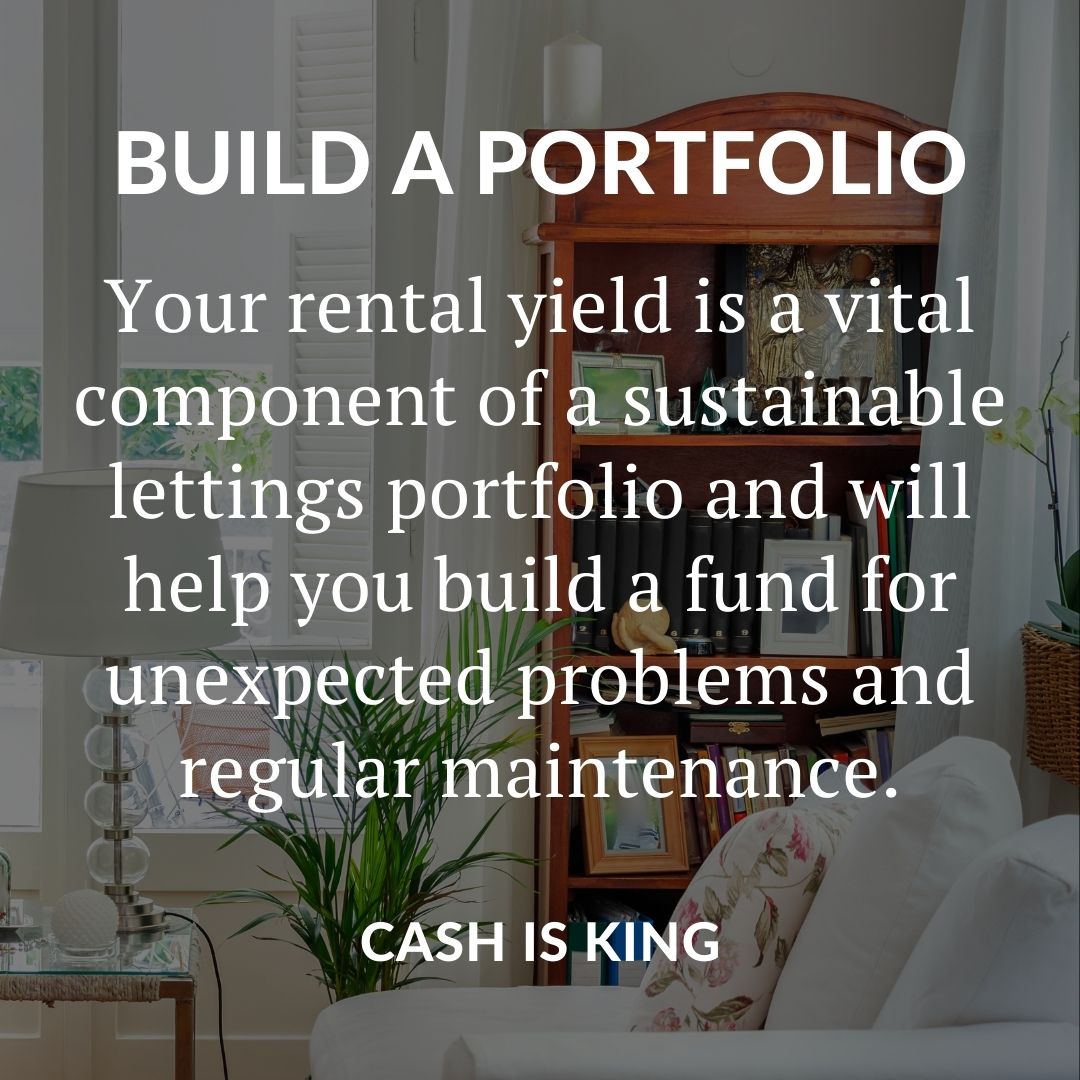
Cash flow is the most important thing for any business, and the lack of it causes many companies to fail. If your rental property becomes a monthly drain on your finances, the entire experience of being a landlord will be tainted by money concerns.
Many landlords become fixated on capital growth, forgetting about yield. If you want to secure a financial future for yourself, then clearly the value of your property is a factor but is largely out of your control.
Your rental yield is a vital component of a sustainable lettings portfolio and will help you build an emergency fund for unexpected problems and regular maintenance. Imagine having to dip into your own pockets for every issue or repair.
A property’s rental income must cover all of its monthly outgoings. It’s sensible to build in a cushion against rising interest rates as well, particularly when those rates are as low as they are right now.

Being popular is a rarely discussed aspect of being a landlord. You might even see it as an impossible dream. But being a popular landlord is a much easier life than being an unpopular one. It will give you a more reliable, more comfortable and more enjoyable experience, both personally and professionally.
Creating a collection of well-presented and well-maintained homes will give you several benefits:
- Longer tenancies. With fewer void periods and less work, you won’t be continually looking for new tenants or having to arrange check-ins, check-outs, inventories, or notifying local authorities and utility companies.
- Local lettings agents will love you and take to letting your property with genuine and profound enthusiasm because you’ll have made life easier for them to find you the
perfect tenant.
- More rent. People are staying longer and longer in rental properties - the average is now around four years - and they’re looking closer than ever at fixtures, fittings and condition. A rental property is no longer a temporary stopgap for six months or a year, and people will happily pay a higher rent in return for a higher-quality home.
- Politeness. There will always be something that goes wrong, but if your tenants are in love with their home, they’ll be far more likely to report an issue early - before it becomes a bigger problem - and in a far more friendly way.
- More opportunities. Becoming known as a great local landlord will put you in pole position when other potential rental investments come up, making it easier for you to expand your portfolio. Nightmare landlords often have to buy at auction and self-manage, because local agents don’t want to deal with them or their problem properties.

What's your goal? Are you looking to switch careers and become a full-time self-managing landlord with a completely hands-on approach to maintenance, tenants and repairs? Or do you want to grow a rental portfolio to supplement - or replace - your current income with as little work as possible?
If you don’t want to manage everything yourself, you could employ someone to look after your portfolio if it’s large enough. Ensure that you’re not simply doing a friend a favour by giving them a job; you need a manager who knows exactly what they’re doing and has experience looking after rental properties and tenants.
Of course, the way to be sure of management expertise and a circle of local contractors is to use a managing agent. They’ll have rooted out the disastrous contractors from the good ones, and they’ll have the leverage to get preferential treatment. When maintenance issues arise, they’ll be dealt with quickly, correctly and at a reasonable cost.
Managing agents exist to save you money and time and are the perfect solution for growing your portfolio as a substantial, sustainable and passive income.
Check them out first by speaking to the property manager with whom you’ll be having a long-term relationship. It’s essential to have confidence in them and feel you can have a sensible conversation and receive the correct guidance. Ask them how long they’ve been managing properties; how many they manage; how often they carry out inspections and how they deal with out-of-hours emergencies.
Don’t be afraid to ask questions: the right managing agent will be only too happy to put your concerns to rest.
How was that?
Would you like to talk about growing your existing lettings portfolio? If you’re looking to acquire more – or your first, or you’d like to talk about using a managing agent, why not get in touch?
We’re here to help you make the most of being a landlord.

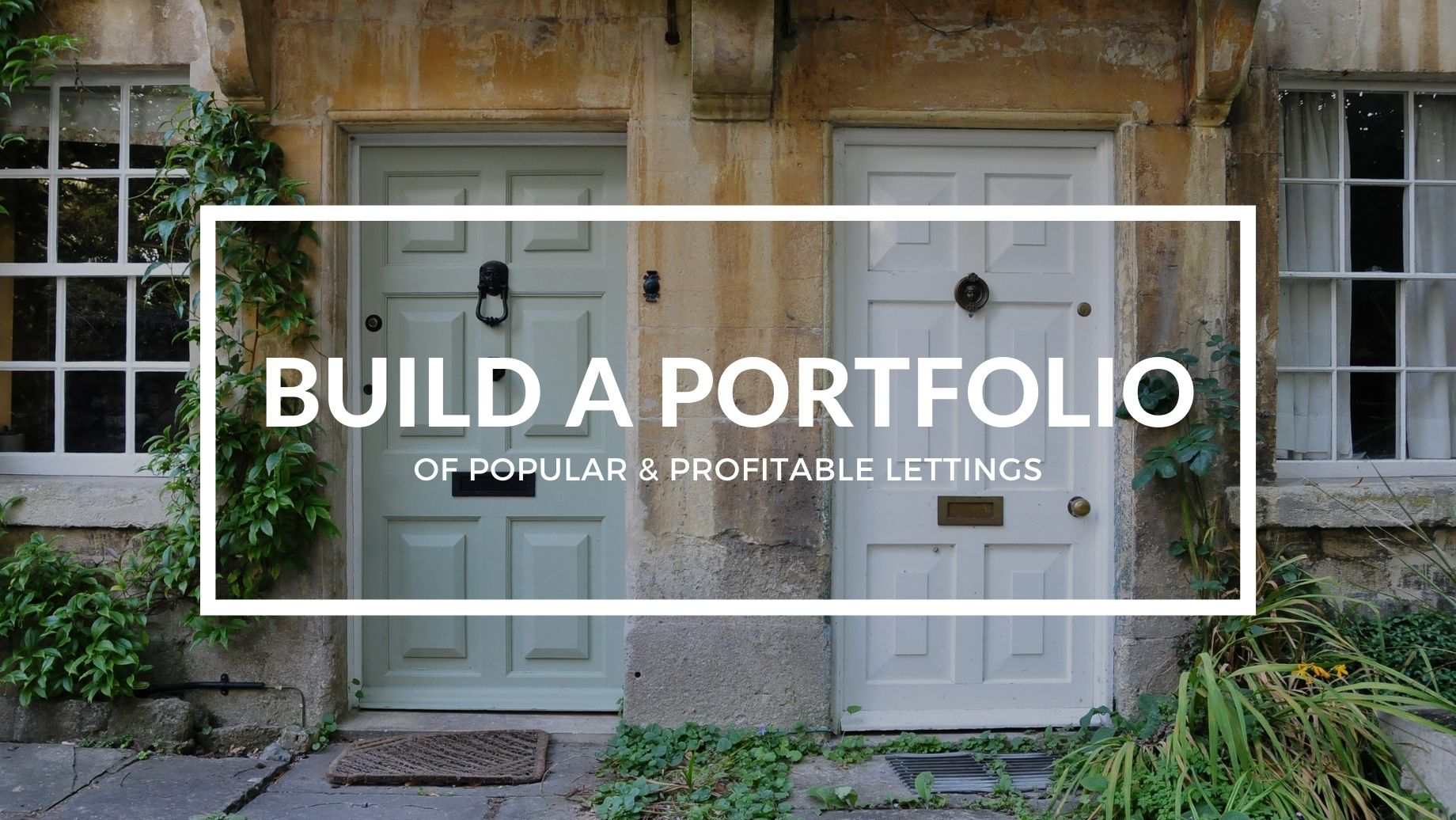
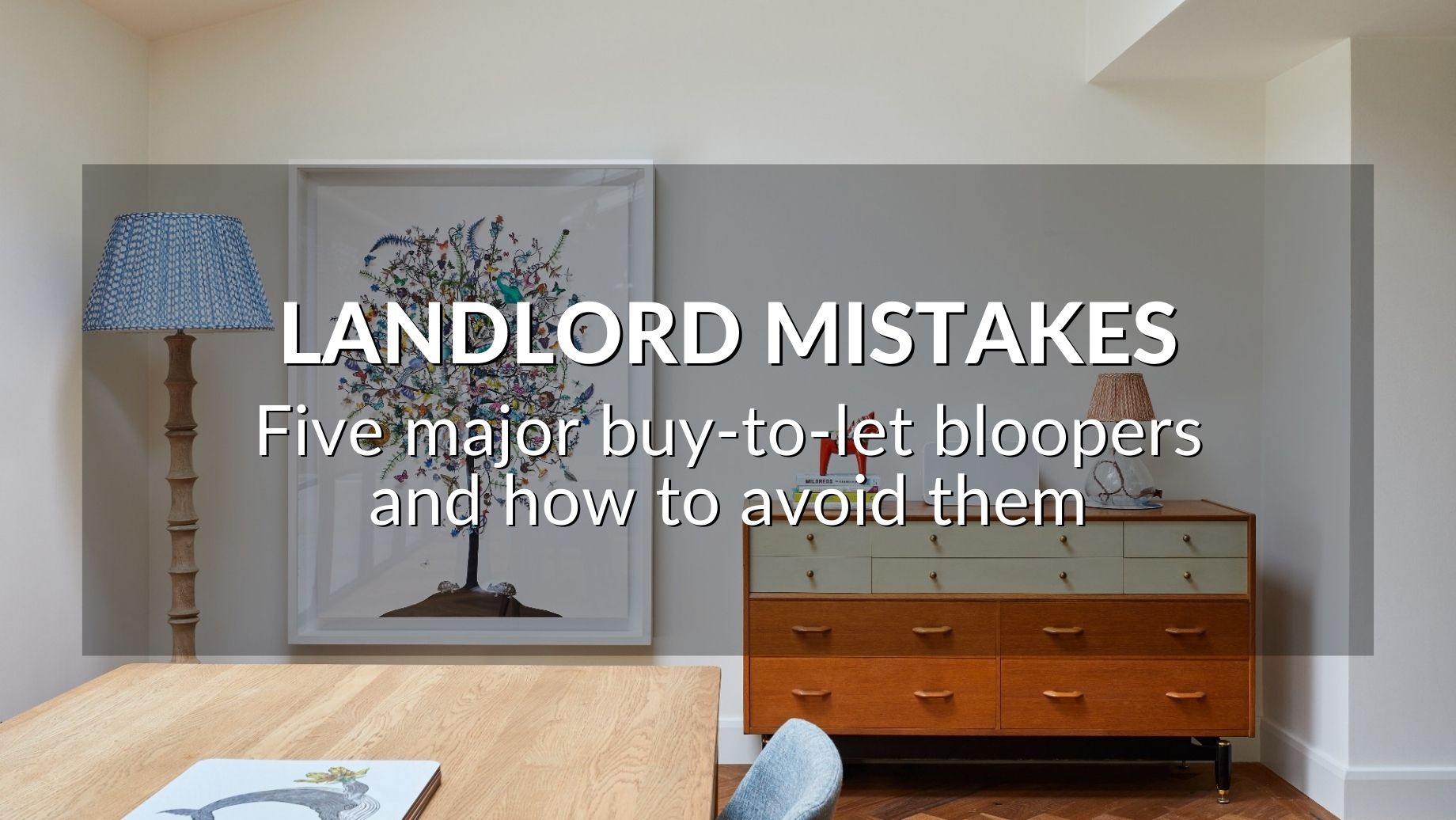
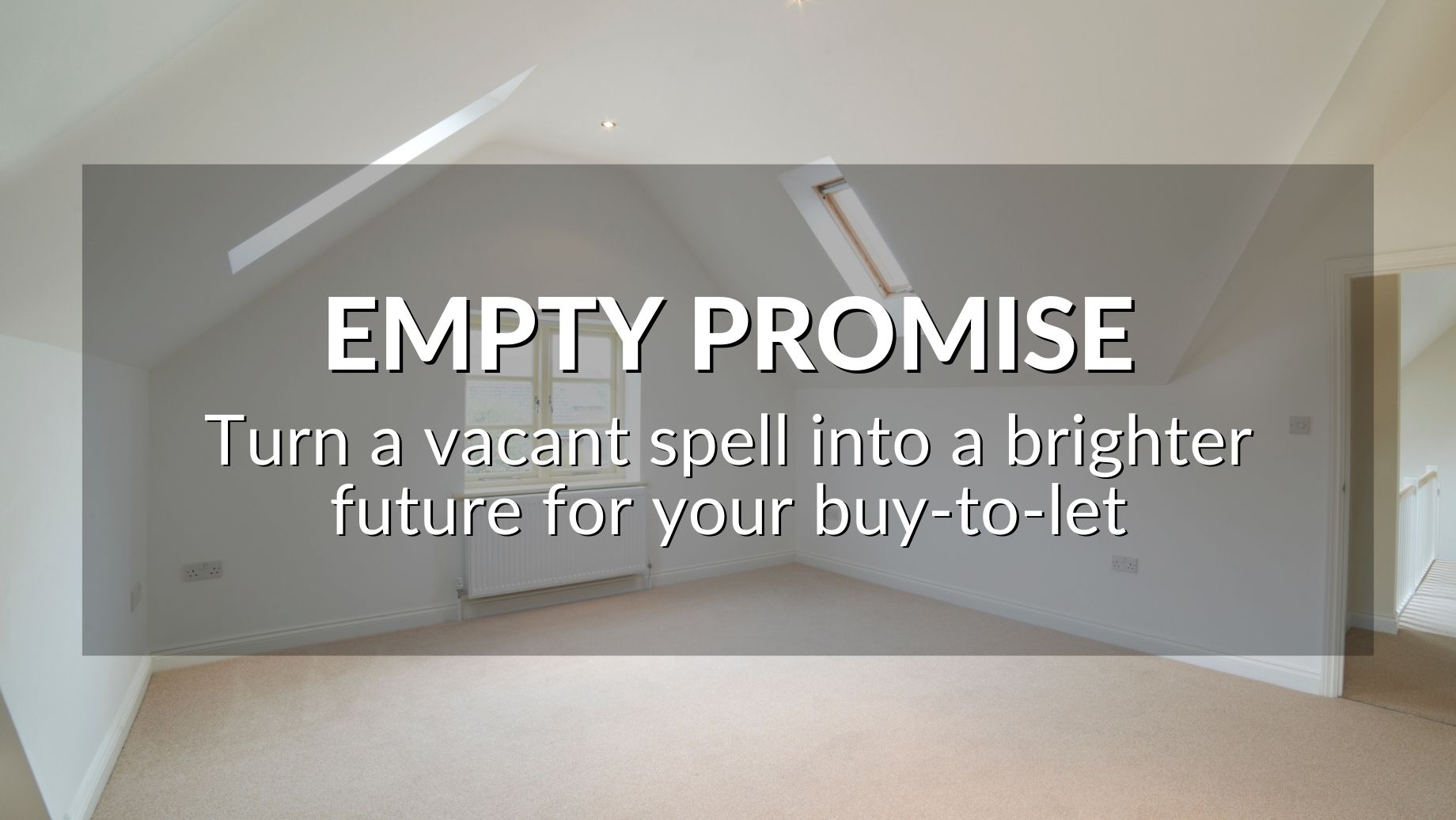
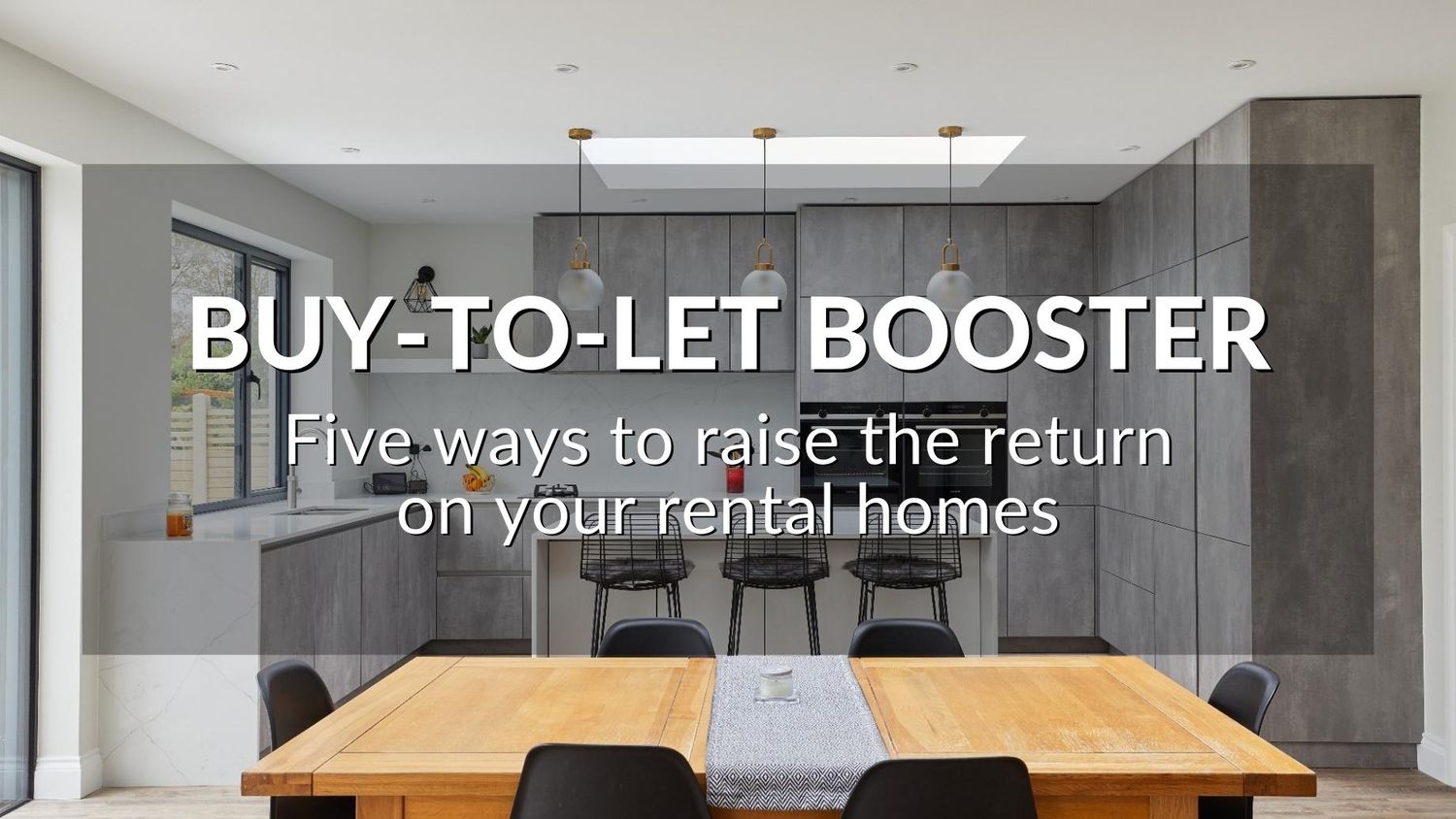

Share this with
Email
Facebook
Messenger
Twitter
Pinterest
LinkedIn
Copy this link